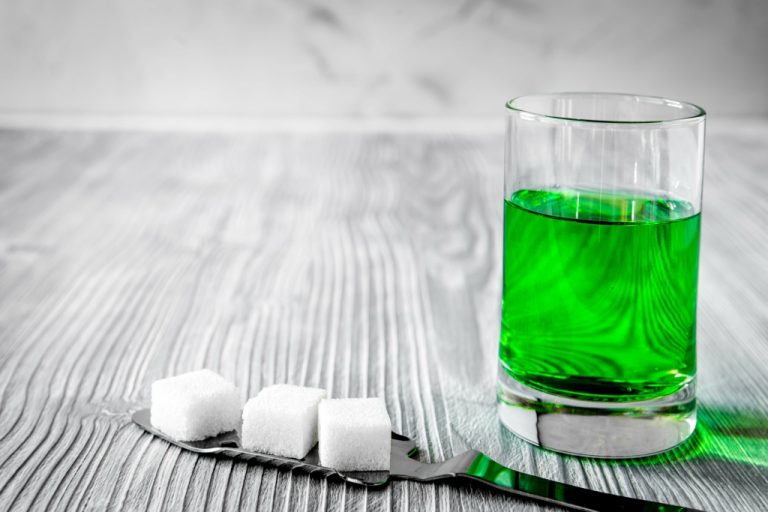These myths lead to misunderstanding and stigma, often clouding our collective perception and creating barriers for those in need of help. Whether you’re looking for help for yourself or someone you love, we’re here to offer personalized addiction treatment care that’s compassionate and grounded in proven treatment methods. It’s time to let go of old myths and focus on the real facts that shape how we view addiction, recovery, and how we support those who are struggling. Simply put, codependency is an unscientific theory that gained attention in the 1980s and unfortunately still dominates our society’s beliefs about families impacted by addiction. Loved ones sometimes develop unhelpful and unhealthy behaviors, but the idea that they have a codependency disorder is unscientific and harmful. It’s just another way society blames people who are only trying to help get someone well.
Break the Stigma with Compassionate Addiction Treatment at Cornerstone

Too many still see addiction through these myths, believing it’s a personal failure or a battle no one can win. When addiction takes hold, these changes in the brain erode a person’s self-control and ability to make good decisions, while sending highly intense impulses to take drugs. These are the same circuits linked to survival, driving powerful https://www.callservicesquad.com/effects-of-alcohol-withdrawal-in-hypertension/ urges no different from those driving the need to eat or drink water.
Myth: «Addiction only happens to certain kinds of people.»
- When we stop letting judgment get in the way and trade it for kindness, we build an atmosphere where people feel safe to take that first step toward recovery, knowing it’s possible and within reach.
- Recovery can begin at any time, and getting help early can make the process easier.
- These myths lead to misunderstanding and stigma, often clouding our collective perception and creating barriers for those in need of help.
- Take the first step toward healing today by reaching out to a professional or joining a support group in your area.
Keep in mind that most people with addiction who experience a recurrence will return to recovery. The sooner a person receives help for their addiction, the more likely they are to achieve long-term recovery. Successful relapse Alcoholics Anonymous prevention plans involve the avoidance and/or management of risk factors.

Debunking Myths to Empower Recovery

By understanding the truth, we can better support those affected and reduce the stigma surrounding addiction. If you or someone you know is struggling with addiction, it’s important to seek help early. The truth is that relapse is a common part of the recovery process and should be viewed as an opportunity to learn and grow rather than a failure. In addition to the physical challenges of quitting cold turkey, addressing the psychological aspects of addiction requires comprehensive treatment and support. Recognizing the need for professional help and personalized treatment plans is essential for increasing the chances of long-term recovery and reducing the risk of relapse.
These myths hurt families and friends – and they make it harder for people to get well. Instead, you’ll need to constantly work towards your goal, which might involve therapy, support groups, aftercare, and lifestyle shifts. In doing so, we can create a space where recovery feels accessible and hopeful. Deconstructing these myths is a huge part of encouraging empathy and limiting shame. 46 million people in America struggle with addiction and it’s the third largest cause of death, but many don’t get the help they need. That being said, the consequences of addiction (or costs of using) are oftentimes what tip the motivational balance, leading to increased motivation.
You can’t be addicted to prescription drugs
- Addiction is a chronic, relapsing disorder characterized by compulsive drug seeking and behaviours, continued use despite harmful consequences, and long-lasting changes in the brain.
- Too many still see addiction through these myths, believing it’s a personal failure or a battle no one can win.
- While we’re firm believers in the power that comes with education and setting boundaries, we never want loved ones to feel shame or as if it’s their sole responsibility to get someone well.
- So, let’s embark on a journey to challenge our preconceptions and deepen our understanding of this critical issue.
There is a prevailing stereotype that persons with an addiction are unable to function in society, hold down jobs, or maintain healthy relationships. This misconception paints a picture of persons with an addiction as dysfunctional and unproductive individuals, further perpetuating stigma and misunderstanding. Although this is the case, some people do not accept the need for treatment until a “rock bottom” scenario occurs.
Struggling with an addiction?
In reality, many individuals do successfully recover from addiction and go on to lead fulfilling, substance-free lives. Do you ever find yourself believing something about addiction that doesn’t quite add up? Misconceptions about addiction are widespread, and they can shape how we view those struggling with substance use disorders. Let’s debunk 12 common myths about addiction, helping to understand myths about addiction the truth and support those impacted more effectively.
Let us help you start your journey to recovery.
I think one of the biggest misconceptions is that addiction results from poor choices or a lack of self-control. When you’re struggling, the last thing you need is to feel judged or like you’re fighting an impossible battle. Every Life Matters September is National Suicide Prevention Month – a time to raise awareness, spread hope, and let people know they are not alone…. Ultimately, love and support are what encourage change, not punishment and rejection. Tough love tactics like cutting people off or kicking them out usually have the opposite result families are hoping for.


